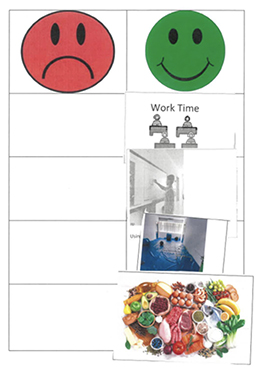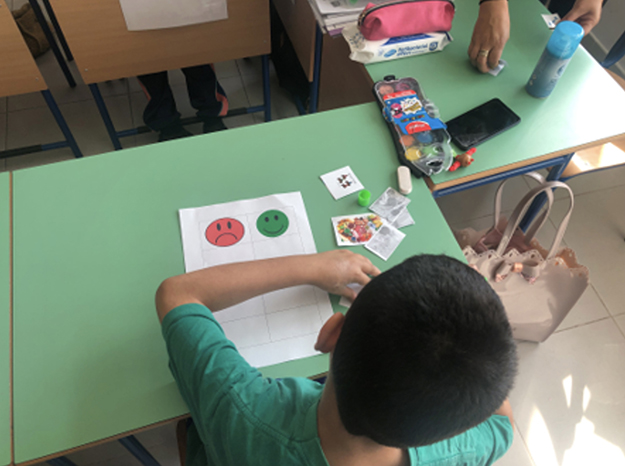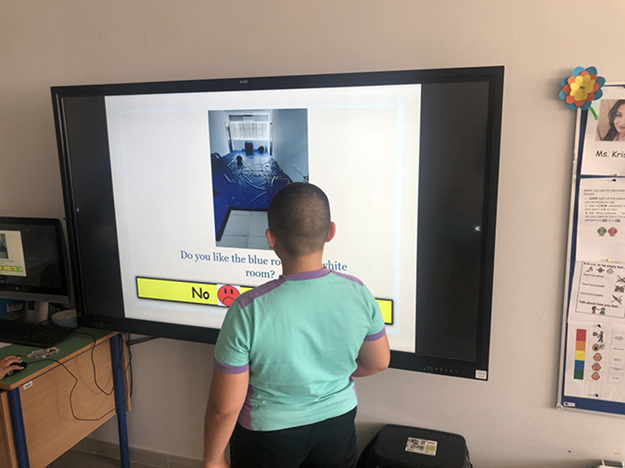Evaluating a pilot policy initiative for learners with disabilities
About:
In Malta, there is a clear policy direction to include learners with disabilities within the mainstream education system, rather than in ‘resource centres’ (i.e. centres catering for learners’ more complex needs). This involves providing support services in mainstream schools. However, secondary mainstream classes might not always meet all learners’ needs effectively, particularly for learners on the autism spectrum.
To address this, a policy team piloted units for learners on the autism spectrum in Years 7 and 8 (12–14 years old), within two mainstream secondary schools. Each unit enabled learners to receive part of their educational provision in a specialised class, within the mainstream setting. The aim was to ensure greater support targeted to their individual needs, and to access a meaningful curriculum, in a calm environment. The units also enabled learners to access mainstream educational and social learning opportunities, as members of the school community.
Five learners and their parents were invited to share their views and experiences on the units. Four parents provided written consent for their own participation, their children’s participation, and the use of spoken and visual data. In a recorded online focus group with parents, they were asked to discuss their experiences of the units. They were given space and time to express their thoughts and feelings openly.
The policy team also worked with teaching staff to appropriately elicit the voices of non-verbal learners on the autism spectrum. Learners communicated their views about different aspects of their school experiences through a choice of an interactive whiteboard or table activity, using symbols adapted to their needs – with the support of the class teacher. Photographs were taken during learners’ activity, with parental consent.



Images 1, 2 and 3. Non-verbal learners had opportunities to express their voices using interactive white boards or papers with visual symbols on them, signifying positive or negative experiences
Outcomes:
This pilot project was carried out at school level with implications at national level. The evaluation of the autism units highlighted the voices of learners and their parents. The lessons learnt from the first year of the unit implementation will ensure an effective roll-out across other schools in Malta.
Key element(s) of the VIA Framework:
This example features all four elements of the framework – SPACE, VOICE, AUDIENCE and INFLUENCE. Learners and parents were given safe, thoughtful and accessible environments to express their voices. They were adequately equipped with choices and information in advance, and consent was obtained throughout each stage. During the evaluation process, a team of policy representatives listened to participants’ voices. They are using these insights to inform processes for implementing the autism units in more schools.
